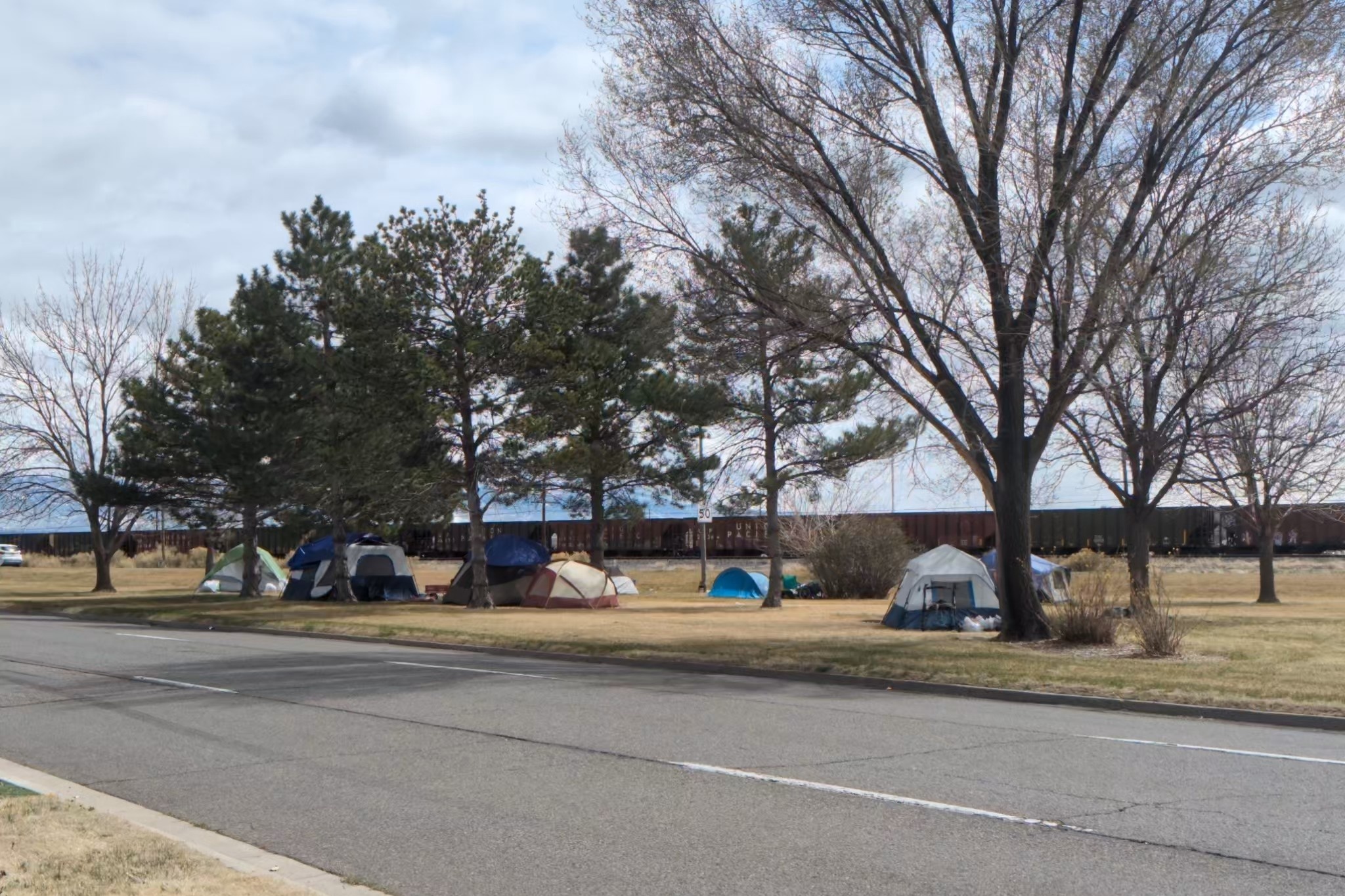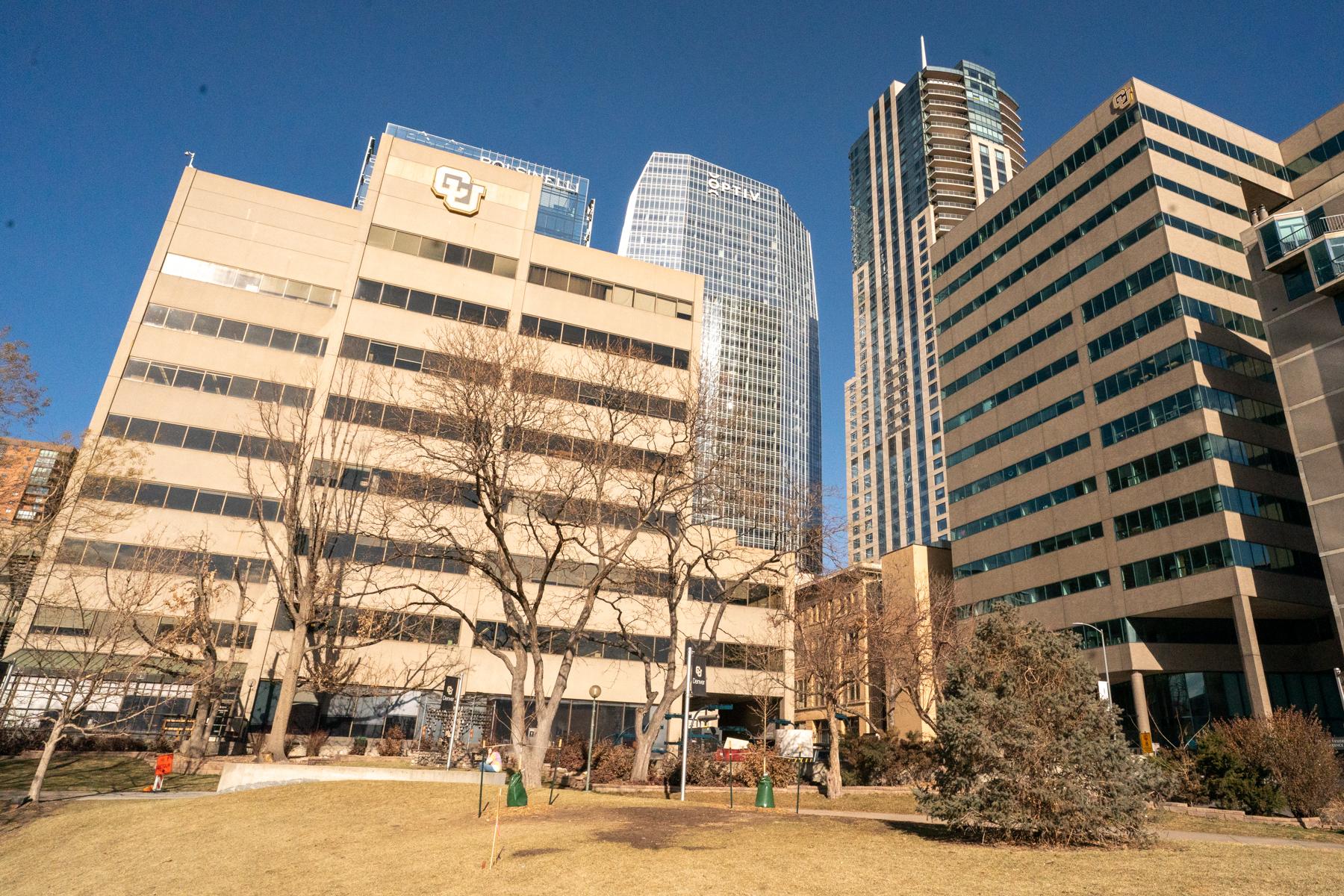
Grand Junction is moving ahead with a framework that would allow for temporary housing in certain areas.
City Council on Wednesday unanimously approved changes to local zoning rules, creating a process to establish designated places for interim housing. New units would come in the form of prefabricated shelters in mixed use and non-residential zones.
“There are many, many, many people that we can help right now, and I think that this is one step,” City Council Member Scott Beilfuss said. “You don’t solve a problem like this all at once. We all know that.”
The housing itself would be paid for by grants or nonprofits, and the city hasn’t committed funds toward building interim housing.
The new strategy does not approve sites that would allow tents or safe parking. Those ideas were considered in earlier drafts and removed due to safety concerns.
Approved sites using prefabricated shelters are to have 24-hour staffing managed by organizations with private funding and experience providing housing services. Permits would be granted for two years after a process that involves public review and hearings before the planning commission and City Council. Approved areas could have permits extended for another two years.
Mayor Abe Herman met with providers in Denver who worked on similar interim housing projects, and he said their practices align with the city’s new code.
“That jibes with the lived experience of the people running these things,” Herman said.
Housing at every level has been a focus in Grand Junction recently, with a particular focus on unhoused residents. Earlier this year, City Council banned the use of tents in city parks. Overnight camping was already illegal, but the council’s vote extended that ban to day time use.
This summer, local police started issuing more citations for people camping on public property. In July, the Grand Junction Police Department gave out 25 tickets for camping or sleeping on a public sidewalk. That was almost double June’s total of 13 tickets.
While the uptick followed a June ruling from the United States Supreme Court that said cities can ban people from sleeping in public spaces, Grand Junction police officials said that’s unrelated to the increase in citation. Police Commander Sean Crocker explained the increase was due to more reports from community members about illegal camping.
“Officers give multiple warnings before issuing illegal camping citations,” he said.
Since the closure of a park frequented by unhoused residents in the fall of 2023, Grand Junction officials have taken more action, including increases in enforcement. The tactics have included the tent ban, as well as boosts in funding for nonprofit organizations that assist people experiencing homelessness. The city also established a new daytime shelter downtown.
Wednesday night’s vote drew few public comments on the issue. Earlier in the evening, Council members heard from a number of residents frustrated by recent changes to some downtown streets to improve bike and pedestrian safety. Despite years of coverage from local media, many residents said they felt the city did not sufficiently inform residents of changes to those roads.
Herman said he hoped that the same would not happen with the new interim housing plan.
“We know there are some vocal folks in the community who don't like this. And the fact that they're not here to say their piece is concerning to me,” Herman said. “We can go through three years of public outreach and once we implement a project, have an accusation that there wasn't public outreach on something.”








